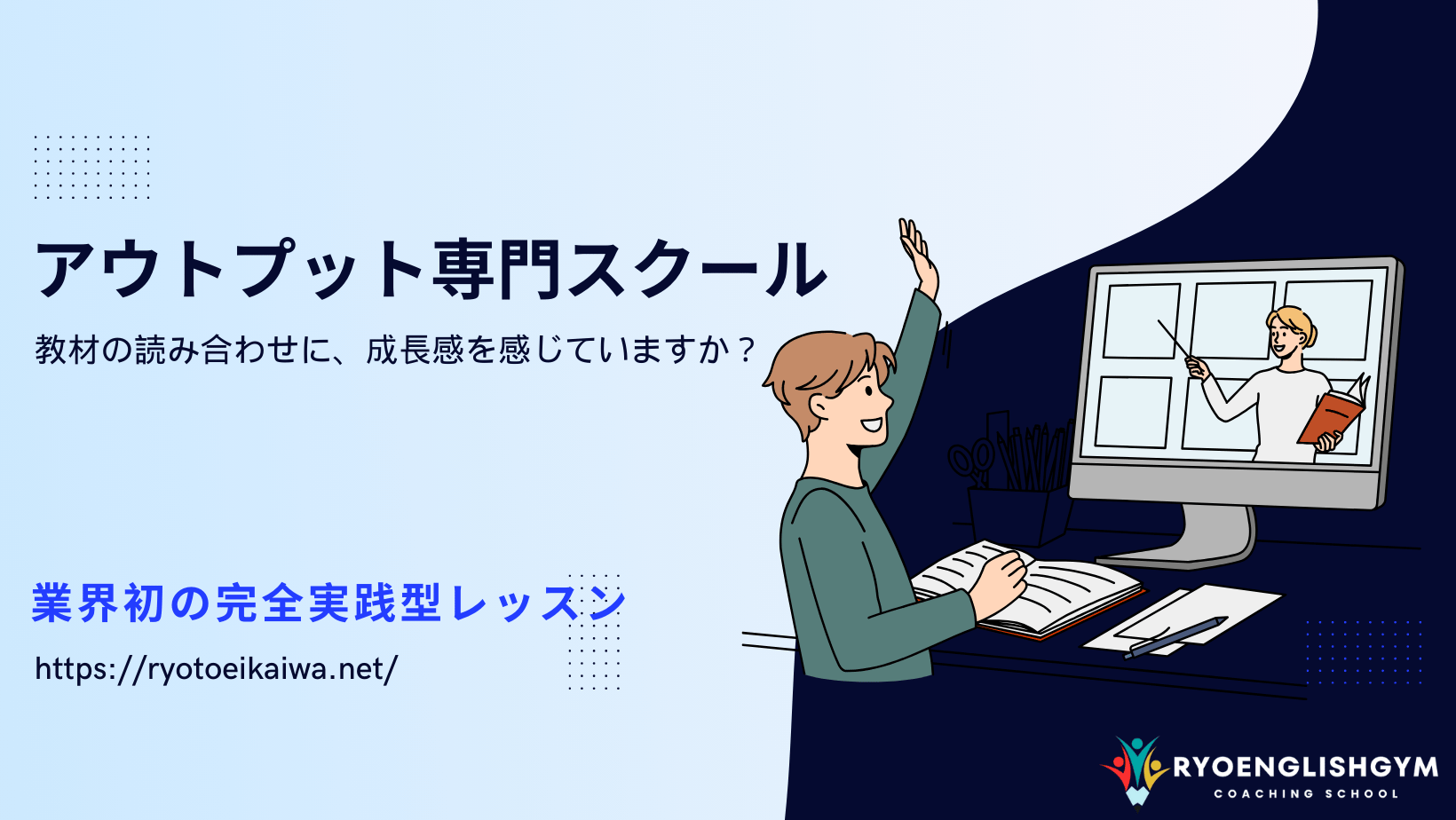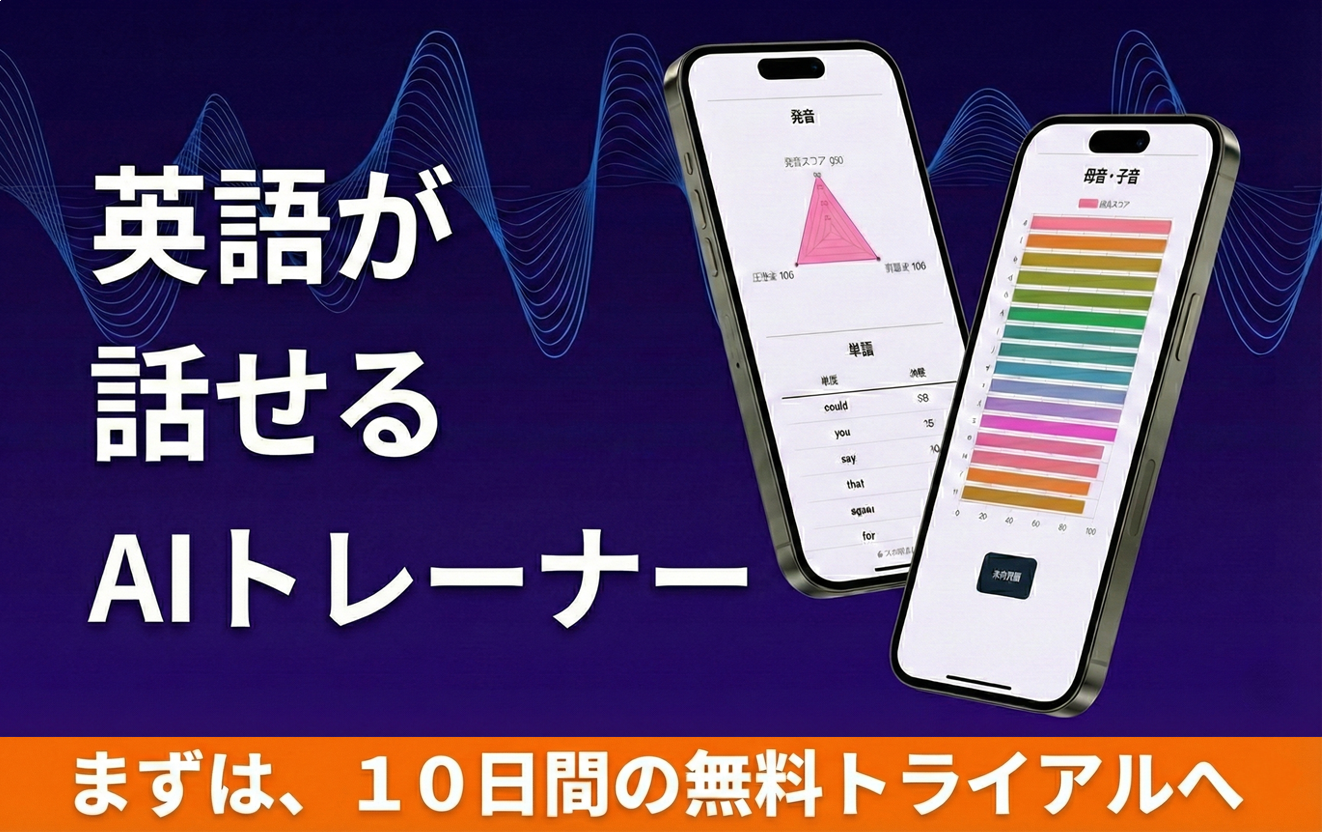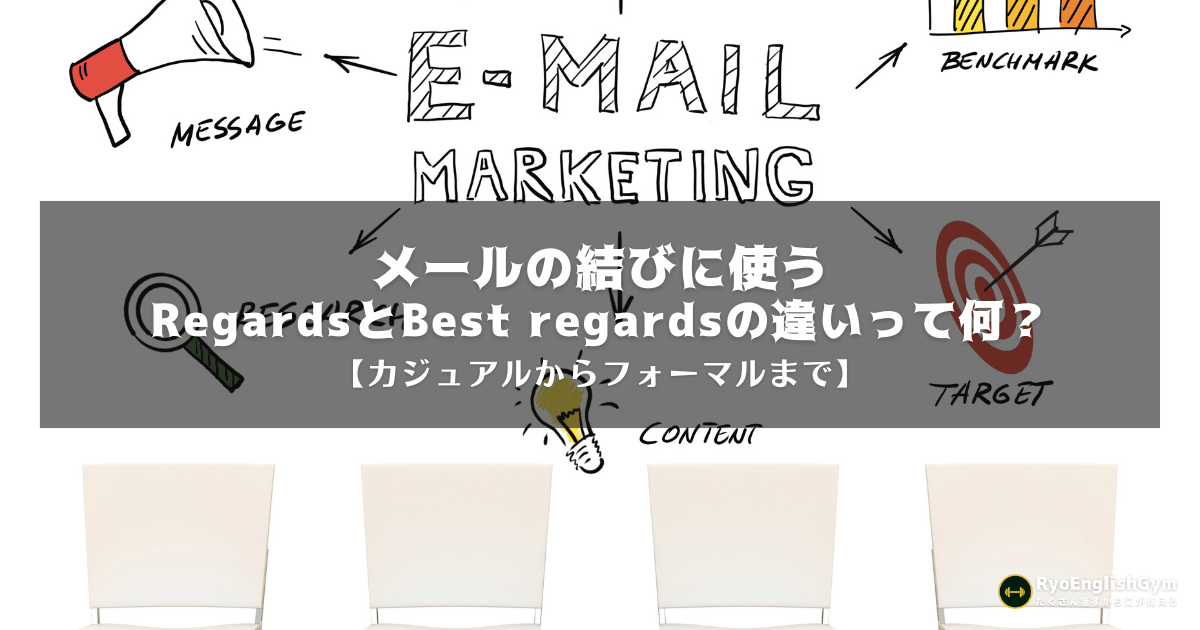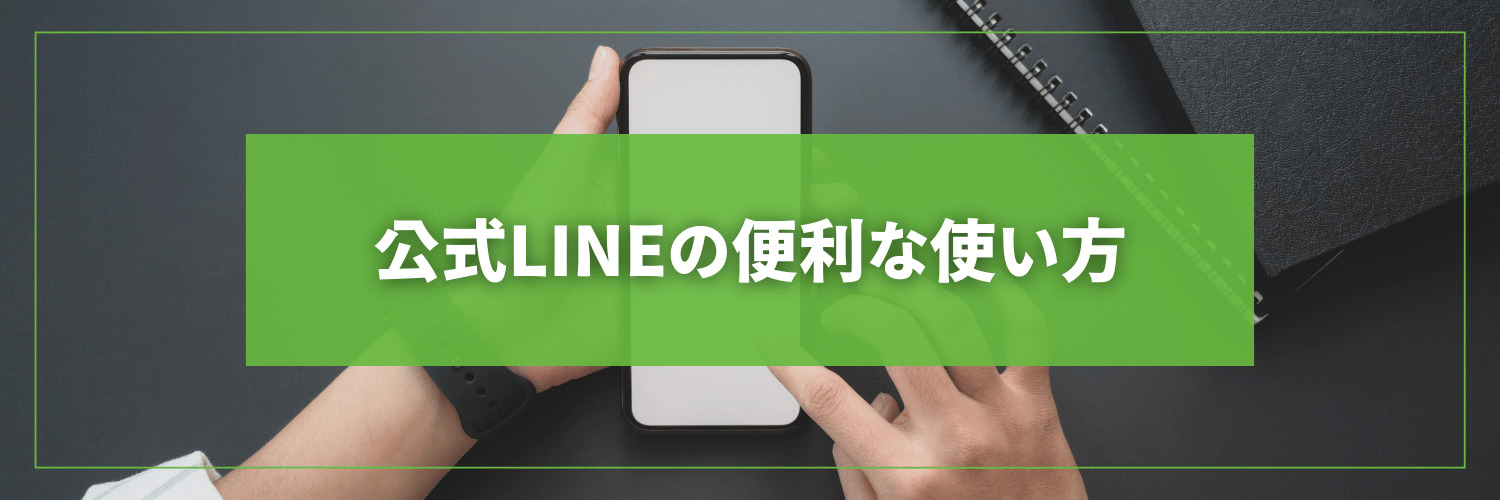こんにちは、RYO英会話ジムです。
💡 attribute(動詞)の意味は?
👉 「〜のせいにする」「〜に帰する」という意味で使われます。
🔹 例文:
He attributes his success to hard work.
(彼は、自分の成功を努力のおかげだと考えている。)
The delay was attributed to bad weather.
(その遅れは悪天候のせいとされた。)
ビジネスでは、成功や失敗の“理由”を説明する場面がよくありますよね。
そんなときにぴったりの表現がこの「attribute(動詞)」です。
このあと、使い方のルールやよくある会話例もたっぷり紹介していきます。
さらに詳しく見ていきましょう!
🔗 関連記事
それ、実はアウトプットの順番がポイントかも。
▼ 詳しくはこちらの記事で解説しています👇
【7つの実践テク】メールは書けるけど話せない?を脱出する方法
- 1 💡 attribute(動詞)の意味は?
- 2 🤦♂️【実話】attributeを知らなかったせいで、会議で思考停止した話
- 3 ✅ attribute(動詞)の意味とは?
- 4 📚 attribute(動詞)の使い方と文法構造
- 5 💼 ビジネス英語での活用例
- 6 🧠 類義語との違い(微妙なニュアンス)
- 7 🪄 attribute を使いこなすコツ
- 8 ✍️ まとめ
- 9 🔥シーン別英会話|attribute(動詞)の自然な使い方
- 10 💡自然に使うコツ(Tips)
- 11 音声を聞いてみよう
- 12 ✨ なぜ「独学」だけでは伸び悩むのか?
- 13 ❌ 生徒さんとのレッスンで気づいた!よくあるNGパターン集
- 14 📣 ミスを恐れず、改善することが成長への第一歩!
- 15 🔁 attribute に関連する似た表現と語彙
- 16 ☑️ 類義語をうまく使い分けるコツ
- 17 💬 自分のケースに当てはめて練習しよう!
- 18 ✅ attribute & 類義語 練習クイズ
- 19 よくある質問(FAQ)
- 19.1 Q. 英語の動詞attributeとは何ですか?意味は?
- 19.2 Q. attribute A to B の正しい使い方は?
- 19.3 Q. attribute は受動態で使いますか?
- 19.4 Q. attribute と result from の違いは?
- 19.5 Q. attribute と lead to はどう違いますか?
- 19.6 Q. attribute と stem from の違いは?
- 19.7 Q. due to と attributed to は同じ意味ですか?
- 19.8 Q. attribute の発音のコツは?どこを強く読む?
- 19.9 Q. attribute を会話で自然に使える練習方法は?
- 19.10 Q. 伝わる英語力を伸ばすには、独学でも大丈夫?
- 20 📝 まとめ:attributeを「わかる」から「使える」へ
🤦♂️【実話】attributeを知らなかったせいで、会議で思考停止した話
昔、ある海外企業とのオンライン会議中に、こんなフレーズが出てきました。
“We attribute the delays to a lack of communication.”
正直、attribute(動詞)なんて知らなかった当時の僕は、その一文で完全に思考停止。
「え?今、何の話?delayは遅延ってわかるけど…attributeって何??」
とパニックになり、頭の中が真っ白に。結局、その後の話についていけず、発言のチャンスも逃してしまいました。
😓そのとき気づいたこと
当時の僕は、会話表現や日常フレーズばかりに集中して学習していて、
ビジネス英単語や“フォーマルな表現”を後回しにしていたんです。
そのせいで、「attribute」のようなシンプルだけど重要な語彙が、いざという場面で使えず、
「伝えられない・理解できない」=ビジネスチャンスを逃すという結果に…。
💡同じ失敗をしないためのTips
✅ よく使われるビジネス動詞を“構文ごと”覚える
→ 「attribute A to B」の形でセットで記憶。例文で感覚を掴むのが効果的です。
✅ 例文音読&自作フレーズで実践を意識する
→ 自分の経験や仕事に置き換えた文を作ってみると、実際に使えるレベルに!
✅ “なんとなく知ってる”ではなく“使えるかどうか”でチェック
→ 単語帳だけで満足せず、会話やライティングで実際に使えるか?がカギです。
「attribute」みたいな単語って、日常会話ではなかなか出てこないけど、
ビジネス英語では“相手の話を理解する鍵”になることが多いんですよね。
だからこそ、こうした語彙を“自分の言葉”として使えるようにしておくことが、
一歩上の英語力につながる!と痛感しています。
📩 英語を話せるようになる第一歩として、リョウが無料で学習相談を実施中です。
発言内容の見える化や添削で、あなたの課題を明確にし、次の一歩を一緒に見つけましょう。
✅ attribute(動詞)の意味とは?
attribute A to B
👉 「AはBのおかげだ(Bのせいだ)」という意味の構文です。
- A:結果(出来事や状態)
- B:原因や理由
つまり、「何かが起きた理由を〜のせいにする、〜に帰する」と伝えるときに使います。
🔹基本の意味(日本語で言うと…)
- 「〜のせいにする」
- 「〜の結果とみなす」
- 「〜のおかげだと考える」
- 「〜に原因があるとする」
すべて「原因と結果の関係」を表現したいときに使えます。
📚 attribute(動詞)の使い方と文法構造
英語ではこのように使います:
attribute + 結果(A)+ to + 原因(B)
例文を見てみましょう:
| 英文 | 和訳 |
|---|---|
| She attributes her success to hard work. | 彼女は自分の成功を努力の結果だと考えている。 |
| They attributed the accident to human error. | 彼らはその事故の原因を人的ミスに帰した。 |
| The increase in revenue is attributed to better customer service. | 収益の増加はより良いカスタマーサービスのおかげだとされている。 |
⚠️ 注意点:
- 「to」の後ろには名詞や名詞句が来る
例:to poor communication / to market trends - 受動態(be attributed to)で使われることも多い
例:The success is attributed to strong leadership.
💼 ビジネス英語での活用例
attributeはフォーマルで論理的な響きがあるため、ビジネスシーンでの分析・説明に非常によく使われます。
✔️ 成功を説明するとき:
We attribute our growth to consistent innovation.
(成長の要因は、継続的なイノベーションです。)
✔️ 失敗や問題の原因を説明するとき:
The delay was attributed to supply chain disruptions.
(遅れの原因はサプライチェーンの混乱です。)
✔️ 分析報告やプレゼンで:
The decline in user engagement can be attributed to poor UX design.
(ユーザーのエンゲージメントの低下は、UX設計の悪さに原因があると考えられます。)
🧠 類義語との違い(微妙なニュアンス)
| 単語 | 意味 | ニュアンス |
|---|---|---|
| attribute | 〜に原因があると考える | 中立・客観的で分析的 |
| credit | 〜のおかげと認める | 肯定的なニュアンスが強い |
| blame | 〜のせいにする | 否定的・責任を問う |
| ascribe | 〜に帰する | academicな表現、やや堅い |
| impute | (特に悪いことを)〜のせいにする | 法的・フォーマルな文脈で使うことが多い |
🪄 attribute を使いこなすコツ
- A to Bの形を体に覚えさせる
例:I attribute my English improvement to daily speaking practice. - 受動態(be attributed to)にも慣れておく
例:The success is attributed to strong teamwork. - ポジティブ・ネガティブ両方の文脈で練習する
例:
– 成功:Her promotion was attributed to her leadership skills.
– 失敗:The failure was attributed to lack of preparation.
✍️ まとめ
attribute(動詞)は、ビジネスの場で「原因と結果」を論理的に説明したいときにとても役立つ表現です。
特に「attribute A to B」という形をしっかり覚えることで、会議、メール、プレゼンなどでもスムーズに使えるようになります。
例文を何度も口に出して練習してみてください。
実際の仕事の話題に合わせて「自分の文」を作るのが、使える英語への近道です!
🔥シーン別英会話|attribute(動詞)の自然な使い方
【シーン1|会議で成功の理由を説明】
売上成長は、より良いマーケティングのおかげだと考えています(=attribute)
なるほど。おめでとう!
【シーン2|遅延の原因を説明(プロジェクト会議)】
遅れは技術的な問題のせいです(=attribute)
了解。すぐに対応しましょう。
【シーン3|上司への成果報告】
生産性向上は新システムのおかげです(=attribute)
素晴らしい。引き続き頼むよ。
【シーン4|会社の成長を分析】
会社の成功は力強いリーダーシップのおかげだとされています(=is attributed)
本当です。チームもとてもやる気があります。
💡自然に使うコツ(Tips)
| コツ | 解説 | ミニ例文 |
|---|---|---|
| 構文ごと覚える | attribute A to B はセットで理解 | I attribute my success to you. |
| 受動態に慣れる | ビジネスでは受け身表現が多い | The rise is attributed to demand. |
| 具体的な理由を添える | 抽象語だけだと伝わりにくい | …to poor planning / to great teamwork |
| 成功・失敗どちらにも使う | 使える場が一気に増える | success / delay / issue / result |
コツ:A=結論、B=理由
「何が起きたのか?なぜそうなったか?」を一文で伝えられる!
音声を聞いてみよう
He attributes his success to hard work.
(彼は成功を努力の結果だと考えている。)
The company’s growth can be attributed to effective management.
(会社の成長は効果的な経営の結果だと言える。)
✨ なぜ「独学」だけでは伸び悩むのか?
attributeのような少しフォーマルな表現を、「わかる」から「使える」に変えるには、
アウトプットの量と、フィードバックの質が必要です。
でも、独学だと…
- 自分の英語が“通じてるのか”わからない
- そもそも「何がズレているのか」に気づけない
- 書けても話せない、話せても自然じゃない
そんな壁にぶつかる方が少なくありません。
RYO英会話ジムでは、「間違えること」を大歓迎。
話して、間違えて、修正して、納得して、伸びていくことを大切にしています。
実際に、ある受講生の方はこんな気づきを語っています:
「自分では“できているつもり”だった。でも実際は、“相手に伝わっていなかった”ことに気づけました。そこを見つけてもらえたのが、一番の収穫です。」
別の方はこう話しています:
「その場で“もっとこう言えば伝わる”と教えてもらえるから、実践が楽しくて続けられるようになりました。」
📣 間違えるほど、英語は伸びます。しっかり見てるから。
✅ もし、あなたが「なんとなく言えた気がする」から
👉 「伝わる英語を話せている」という確信を持ちたいなら。
✅ 一人での勉強に限界を感じているなら。
👉 試してみてほしいのが、RYO英会話ジムの無料体験レッスンです。
📌 今月は無料体験レッスンの枠を5名まで開放しています。
気になる方は、お早めにお申し込みください!
❌ 生徒さんとのレッスンで気づいた!よくあるNGパターン集
ここでは、実際にRYO英会話ジムのレッスン中で多くの日本人学習者がやりがちだったミスを紹介します。
「attribute A to B」というシンプルな構文でも、
細かいミスや不自然な表現が意外と多いんです。
NG① 前置詞が抜ける・間違える
× He attributed his success hard work.
(「to」が抜けてしまっている)
× He attributed his success for hard work.
(「to」の代わりに「for」を使ってしまう)
➡ 正しくは:He attributed his success to hard work.
NG② 結果と原因が逆になる
× She attributes her supportive family to her academic success.
(「家族を学業の成果のおかげ」にしてしまっている)
➡ 正しくは:She attributes her academic success to her supportive family.
👉 「A(結果)をB(原因)のおかげとする」構造を意識しましょう。
NG③ attribute の意味があいまいなまま使ってしまう
× The manager attributes the meeting is delayed to traffic.
(attributeの後に文章をそのまま置いてしまう)
➡ 正しくは:The manager attributes the delay to traffic.
👉 「attribute + 名詞A(結果) + to + 名詞B(原因)」というシンプルな構文が基本です。
NG④ 受動態の構文で主語がずれる
× The reason was attributed to the low budget.
(”reason” を主語にすると違和感あり)
➡ 正しくは:The failure was attributed to the low budget.
👉「結果となる出来事」を主語にするのが自然です。
📣 ミスを恐れず、改善することが成長への第一歩!
これらの間違いは、実際に話してみて初めて気づくことがほとんどです。
RYO英会話ジムでは、こうした細かな言い回しのズレや誤解を、講師がリアルタイムでフィードバックします。
「なんとなく使ってる英語」から、「自信を持って使える英語」へ変えていきましょう!
💬 間違えるほど、英語は伸びます。大丈夫、しっかり見てるから。
✅ 自分の英語のクセを知りたい
✅ ネイティブっぽい自然な表現を身につけたい
そんな方は、まずは無料体験でアウトプットして改善する英語学習を体感してみてください!
📌 今月は5名限定で体験レッスンを受付中です。
気になった今がチャンスです!
🔁 attribute に関連する似た表現と語彙
✅【1】result from(〜が原因で起こる)
🔹 意味
「〜が原因で(結果として)〜が起こる」
※ attribute とは逆で、“原因が主語”になるパターン
💡自然に使うコツ
- 主語が 原因、動詞が result from、目的語が 結果の形で使う
- ビジネスレポートや分析系の表現でよく登場
💬 会話例
収益の減少は顧客維持ができなかったことが原因です。
ですね、ロイヤルティープログラムの見直しが必要ですね。
✅【2】lead to(〜を引き起こす)
🔹 意味
「〜につながる」「〜という結果になる」
💡自然に使うコツ
- 原因が主語、結果が目的語になる構造
- ポジティブ/ネガティブどちらの文脈でもOK
💬 会話例
継続的な努力は長期的な成果につながります。
その通りですね。近道は本当の成功にはつながりにくいです。
✅【3】stem from(〜に由来する/〜が原因である)
🔹 意味
「〜に起因する」「〜に由来する」(ややフォーマル)
💡自然に使うコツ
- フォーマルな文章や分析的な文脈でよく使われる
- 主語は“結果”、動詞は「stem from」、目的語は“原因”
💬 会話例
この問題はチーム間の伝達ミスが原因のようです。
チーム間の連携ミーティングを設定しましょう。
✅【4】due to(〜のために)
🔹 意味
「〜のため」「〜が原因で」(原因を示す前置詞句)
💡自然に使うコツ
- フォーマルな文脈で attribute の代わりに使える
- 文頭でも文中でもOK(ただし、主語・動詞との関係に注意)
💬 会話例
ローンチが遅れたのは、予期せぬ天候のためです。
了解しました。レポートにその旨記載しておきます。
✅【5】trigger(〜を引き起こす、誘発する)
🔹 意味
「〜をきっかけにして起こす」「(連鎖的に)引き起こす」
💡自然に使うコツ
- ネガティブな出来事(問題、クレームなど)とよく組み合わされる
- 技術的・心理的な文脈でも使われることが多い
💬 会話例
そのアップデートがシステムエラーを引き起こしました。
調査が終わるまでロールバックしましょう。
☑️ 類義語をうまく使い分けるコツ
| 表現 | ニュアンス | 使い方のポイント |
|---|---|---|
| result from | 原因が主語/分析っぽい文脈に◎ | |
| lead to | 結果を強調したいとき/シンプルに使える | |
| stem from | ややフォーマル/原因が抽象的でもOK | |
| due to | 前置詞/文書や報告に多用される | |
| trigger | きっかけ・誘発/テクニカル or ネガティブ |
💬 自分のケースに当てはめて練習しよう!
ここまでの類語は、attribute(動詞)と組み合わせて比較練習すると理解が深まります。
たとえば:
- “The issue stemmed from unclear instructions.”
- “We attributed the confusion to unclear instructions.”
👉 どちらも正しいけど、文の主語・流れが違うだけ。
実際のシーンを想像して練習すると、自然に使い分けられるようになります!
✅ attribute & 類義語 練習クイズ
❓Q1. 次の文に最も適切な語句を選びましょう。
The product’s success was _________ the team’s innovative thinking.
A. result from
B. attributed to
C. triggered
D. lead to
✅ 正しい構文は “be attributed to”(〜の結果とされる)
→「その製品の成功は、チームの革新的な発想のおかげだ」
Aは構文ミス(result fromは主語が原因になる)
CとDは文法上つながりが不自然
❓Q2. 次の会話の空欄に最も合う表現を選んでください。
A: “Why did the system crash yesterday?”
B: “It _________ a recent software update.”
A. stemmed from
B. led to
C. was attributed to
D. due to
✅ 「stemmed from」は「〜に原因がある」「〜に由来する」の意味。
この文では「クラッシュはアップデートに起因した」と自然に表現しています。
Cも意味的には合うが、「It was attributed to~」という形にしないと文法的に誤り。
Dは構文不適合(due toは主語に使えない)
❓Q3. 空欄に入る最も自然な語を選んでください。
A poor onboarding experience can _________ early employee turnover.
A. lead to
B. result from
C. stem from
D. attribute
✅ 「lead to」は「〜につながる」「〜という結果になる」
→「オンボーディングがうまくいかないと、早期離職につながる」
Bは「〜が原因で〜が起こる」なので逆構造
Dは動詞の使い方として不自然
❓Q4. 適切な表現に書き換えてください。
Incorrect:
The confusion was due by unclear instructions.
どう直すべき?
✅ The confusion was due to unclear instructions.
❌ 「due by」は誤用。「due to」が正しい前置詞句。
「~が原因で」という意味では due to + 名詞 の形になります。
❓Q5. 次のうち、「突然起きた予期せぬ現象」を表現するときに最もよく使われる語はどれ?
A. attribute
B. result from
C. trigger
D. stem from
✅ 「trigger」は「何かを引き起こす・誘発する」という意味で、
事故、感情、システムの異常など、突発的な反応や現象に使われることが多いです。
よくある質問(FAQ)
Q. 英語の動詞attributeとは何ですか?意味は?
A. attributeは「〜のせいにする」「〜のおかげと考える」という意味の動詞です。主に原因と結果の関係を説明するときに使います。ビジネスの場で「成果がどこから来たか」を伝えるときにとても役立つ表現です。
Q. attribute A to B の正しい使い方は?
A. attribute A to B は「A(結果)はB(原因)のおかげ」という構造です。例:He attributes his success to hard work.(成功は努力のおかげ)。Aが結論、Bが理由と覚えると自然に使えます。
Q. attribute は受動態で使いますか?
A. はい、ビジネスでは受動態がよく使われます。be attributed to(〜が原因とされる)。例:The growth is attributed to effective management.(成長は効果的な経営によるとされています)。
Q. attribute と result from の違いは?
A. attributeは「結果→原因(AをBのおかげ)」、一方result fromは「原因→結果(Bが原因でAが起こる)」の向きで使います。主語がどちらかに注目して使い分けましょう。
Q. attribute と lead to はどう違いますか?
A. lead toは「〜につながる」という意味で原因→結果を表します。attributeよりカジュアルで、日常会話でも使いやすい表現です。例:Hard work leads to success.
Q. attribute と stem from の違いは?
A. stem fromは「〜に由来する」で、背景や根本原因を説明するときに使います。ややフォーマルなので、レポートや会議で活躍します。
Q. due to と attributed to は同じ意味ですか?
A. どちらも原因を説明しますが、due toは前置詞句、attributed toは動詞表現です。文法構造が違うので置き換えできないことがあります。例:The delay is due to rain.
Q. attribute の発音のコツは?どこを強く読む?
A. 動詞の attribute は第2音節を強く読みます(アトリビュー)。間違って名詞の発音(アトリビュート)にならないよう注意しましょう。
Q. attribute を会話で自然に使える練習方法は?
A. 実際の自分の経験を使ってattribute A to Bの文を作ると自然に身につきます。発音しながら声に出すと定着が早くなりますよ。
Q. 伝わる英語力を伸ばすには、独学でも大丈夫?
A. 単語の意味を知るだけでは実際に使える英語にはなりにくいのが正直なところです。特にattributeのような表現は、間違いを指摘してくれる相手が必要。アウトプット中心の学習ができる英会話ジムなら効率よく伸ばせます。気になる方は無料体験レッスンもありますので、お気軽にどうぞ!
📝 まとめ:attributeを「わかる」から「使える」へ
この記事では、ビジネス英語でよく使われる動詞 attribute の意味と使い方を中心に、次のポイントを解説しました:
- attribute A to B = 「AはBのせい(おかげ)」という基本構文
- 成功・失敗・分析など、ビジネス現場でよく登場する表現
- result from / lead to / due to などの関連表現との違いと使い分け
- 会話例・NGパターン・練習クイズで実践力もアップ!
📌 英語表現は、「知っている」だけでは実際に使えるようになりません。
実際に アウトプットして、間違えて、修正して、少しずつ自分の言葉にしていくことが何より大切です。
▶︎ 今すぐ無料体験して、“話せる実感”をつかむ
👉 無料体験レッスンはこちら(別タブで開きます)
📣 今月は無料体験の枠を5名まで開放中!
ぜひこの機会に、「通じる・伝わる英語」の感覚をつかんでみてください!

















































